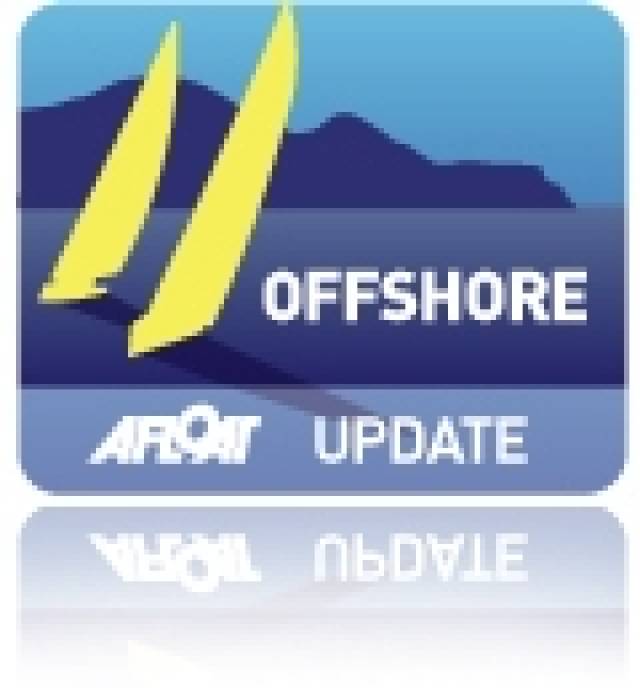#Angling - Inland Fisheries Ireland (IFI) and the Economic and Social Research Institute (ESRI) have announced a joint research programme into the economic and social issues of inland fisheries in Ireland.
The objective of the programme is to provide evidence that will support policy decisions regarding the management of the inland fisheries resource and angling within Ireland.
Staff from both organisations will be involved in conducting the research, thereby ensuring skill and knowledge transfers between the two organisations. Initially, the research programme will run for three years, from 2015 to 2018.
Topics for research in 2015 may include:
- An analysis of a lifetime of angling activity.
- Permit allocation methods.
- The economic benefits of a fishery in a rural location.
- National participation rates in recreational angling.
- Angling preferences and experiences among non-Irish nationals.
- An analysis of recreational angling demand in Ireland.
- Preferences of international tourist anglers.
The outputs of the research programme will be made widely available and will be in a format suitable for a non-specialist audience.
Speaking at the programme announcement last Thursday (27 August), IFI chief executive Dr Ciaran Byrne said: “Economic and socio-economic information is key to good decision making.
"This research programme will create, improve and enhance our knowledge with regard to the inland fisheries resource and its management. It will allow for evidence based policy making which will support sustainable economic impacts and associated jobs into the future.”
ESRI director Prof Alan Barrett welcomed the partnership with IFI and noted the wealth of knowledge within both organisations.
“Due to its significant socio-economic contribution, Ireland’s inland fisheries and sea angling resource is a major area of relevance to current policy issues in Ireland and deserving of in-depth analysis," he said. "I am confident that this programme will add a level of understanding to the area that is worth investing in and developing.”
Meanwhile, IFI welcomed a recent visit to the Erriff catchment by Dr Niels Jepsen from the Danish Technical University’s National Institute of Aquatic Resources.
Dr Jepsen, an international sea trout researcher who specialises in fish telemetry, visited the River Erriff fishery on the Galway-Mayo border, which functions as the National Sea Trout Index catchment.
“The Erriff system presents a world-class salmonid research facility and I am very enthusiastic about the potential for collaborative salmonid research between the Danish Technological University and IFI in the future,” he said.
The visit highlighted the sea trout research that has been ongoing in the Erriff catchment since 1985, when the research fish trap and counting facilities were installed.
Telemetry studies in the Erriff river catchment and associated coastal waters aimed at investigating migration, distribution, habitat usage and survival of sea trout and salmon smolts in the marine environment on the West Coast of Ireland were among the topics discussed in detail during the visit.
IFI’s head of research Dr Cathal Gallagher welcomed Dr Jepsen’s comments, saying the fisheries body was "delighted with this important opportunity to share expertise in sea trout research and looks forward to undertaking collaborative salmonid research with DTU.”
Dr Ciaran Byrne also commented that the development of this international relationship is particularly timely given the increased focus IFI has placed on understanding sea trout ecology and biology in the near-shore environment.
"Sharing international expertise is essential when dealing with the complex and difficult issues facing sea trout, particularly in the context of IFI’s national role in protecting and conserving this important but vulnerable migratory trout,” he said.































































